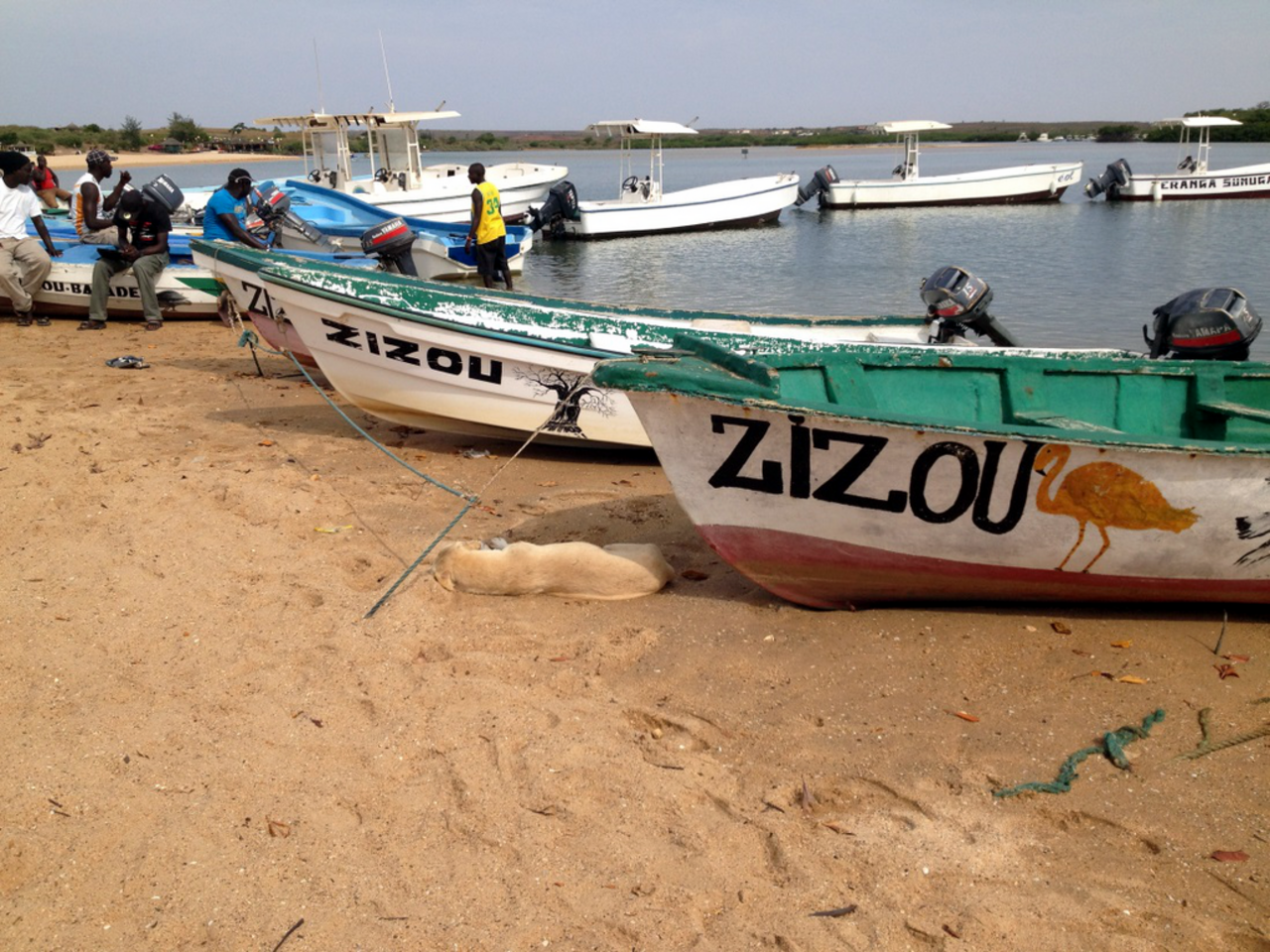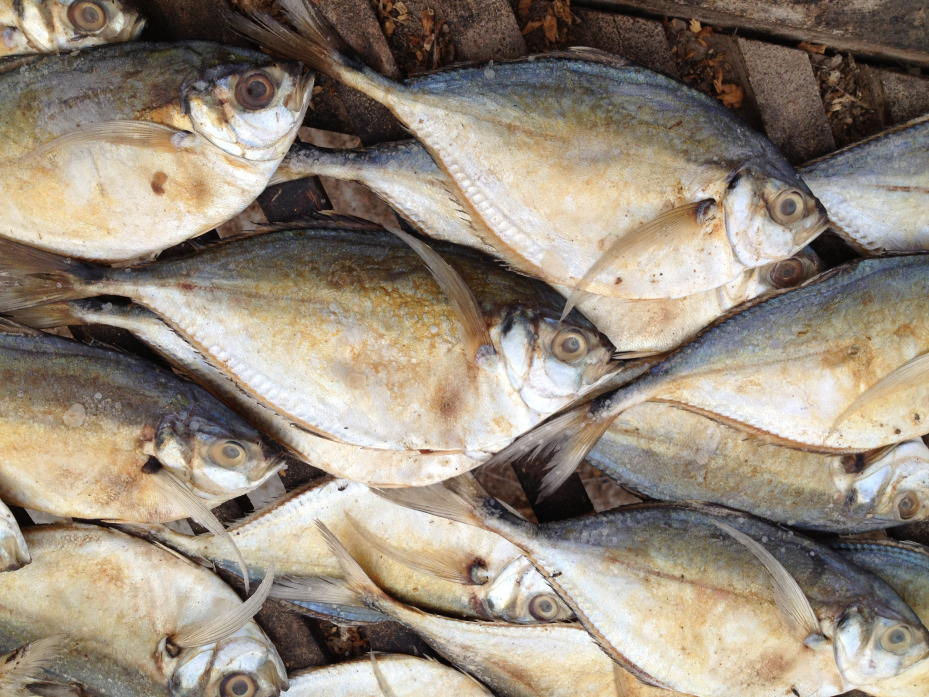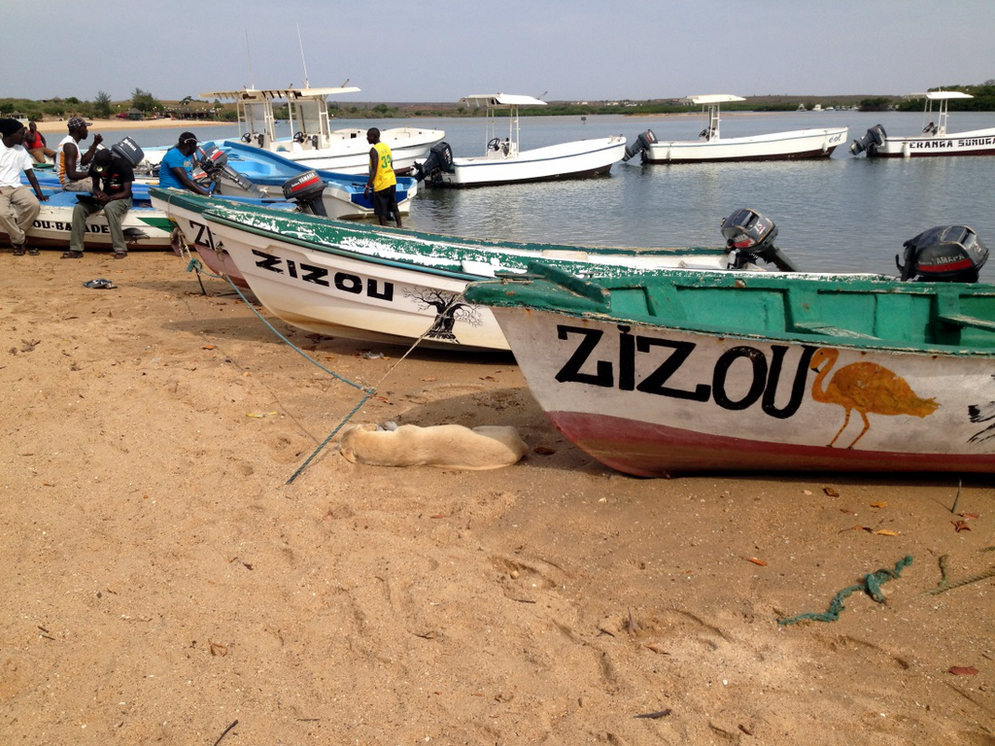Project
Enhancing Prediction of Tropical Atlantic Climate and its impacts (PREFACE)

Enhancing Prediction of Tropical Atlantic Climate and its impacts (PREFACE)
Climate predictions in the tropical-subtropical Atlantic bear a high degree of uncertainty and even bias. Biological long-term data sets are used to support model evaluation and in turn, improved climate predictions are applied to improve forecasts for biological distribution and stock abundance models.
Background and Objective
The Tropical Atlantic is a region of key uncertainty in the earth-climate system: state-of-the-art climate models exhibit large systematic error; large uncertainties exist in the relative roles of internal and external factors, such as aerosol forcing, in shaping climate change; and it is largely unknown how marine ecosystems respond to climate variability and how climate change will impact them. As a consequence, model-based prediction of Tropical Atlantic climate and its global socio-economic impacts are highly uncertain on all timescales. The magnitude of the problem and the need to resolve it is internationally recognised. PREFACE takes on the challenge to redress this situation through the first comprehensive assessment of the Tropical Atlantic. Compiled European and African expertise will combine regional and global scale modelling capabilities, field experiments and observation systems to address the following objectives:
- To reduce uncertainties in our knowledge of the functioning of Tropical Atlantic climate, particularly of climate-related ocean processes (including stratification) and dynamics, coupled ocean, atmosphere, and land interactions; and internal and externally forced climate variability.
- To better understand the impact of model systematic error and its reduction on seasonal-to-decadal climate predictions and on climate change projections.
- To improve the simulation and prediction of Tropical Atlantic climate on seasonal, and longer time scales, and contribute to better quantification of climate change impacts in the region.
- To improve understanding of the cumulative effects of the multiple stressors of climate variability, greenhouse induced climate change (including warming and deoxygenation), and fisheries on marine eco-systems, functional diversity, and ecosystem services (e.g., fisheries) in the Tropical Atlantic.
- To assess the socio-economic vulnerabilities and evaluate the resilience of the welfare of West African fishing communities to climate-driven ecosystem shifts and global markets.
Involved Thünen-Partners
Involved external Thünen-Partners
- University of Bergen
(Bergen, Norwegen) - University of Copenhagen
(Kopenhagen, Helsingoer, Dänemark) - Centre Européen de Recherche et de Formation Avancée en Calcul Scientifique (CERFACS)
(Toulouse, Frankreich) - Institut de recherche pour le developpement (IRD)
( Marseille, Nouméa (Neukaledonien), Frankreich) - National Centre for Meteorological Research (MF-CNRM)
(Toulouse, Frankreich) -
Université Pierre et Marie Curie
(Paris, Frankreich) - GEOMAR - Helmholtz Zentrum für Ozeanforschung Kiel
(Kiel, Deutschland) - Leibniz-Institut für Ostseeforschung Warnemünde (IOW)
(Warnemünde, Deutschland) - Christian-Albrechts-Universität zu Kiel
(Kiel, Deutschland) - Università Ca' Foscari
(Venedig, Italien) - Wageningen University & Research (WUR)
(Wageningen, Niederlande) - Institute of Marine Research (IMR) / Havforskningsinstituttet (HI)
(Bergen, Tromsø, Norwegen) - Uni Research AS (UniRes)
(Bergen, Norwegen) - Institut Català de Ciències del Clima
(Barcelona, Spanien) - Universidad Complutense de Madrid (UCM)
(Madrid, Spanien) - University of Reading (UREAD)
(Reading, Großbritannien (inkl. Nordirland)) -
Instituto Nacional de Investigação Pesqueira (INIP)
(Luanda, Angola) - Ministry of Fisheries and Marine Resources (MFMR)
(Windhoek, Namibia) - University of Cape Town (UCT)
(Kapstadt, Südafrika) -
INDP - Instituto Nacional de Desenvolvimento das Pescas / National Fisheries Development Institute
( Mindelo, Kap Verde) - Institut National de Recherche Halieutique (INRH)
(Casablanca, Marokko) - Institut Sénégalais de Recherches Agricoles (ISRA)
(Dakar, Senegal) - Universite Cheikh Anta Diop de Dakar (UCAD)
(Dakar, Senegal) - Universite D Abomey-Calavi (UAC)
(Abomey-Calavi, Benin) - Centre de Recherches Océanologiques (CRO)
( , Côte dŽIvoire) - University of Nigeria, Nsukka (UNN)
(Nsukka, Nigeria)
Duration
11.2013 - 10.2017
More Information
Project status:
finished
Publications
- 0
Knorrn AH, Wieben KL, Fock HO, Andresen H (2024) Reproductive biology of the electric lanternfish Electrona risso (Myctophidae) and the bigscale fishes Melamphaes polylepis and Scopelogadus mizolepis (Melamphaidae). J Fish Biol 104(1):252-264, DOI:10.1111/jfb.15575
- 1
Knorrn AH, Wieben KL, Fock HO, Andresen H (2023) Reproductive data of Electrona risso, Melamphaes polylepis and Scopelogadus mizolepis from the Eastern Central Atlantic in March and April 2015 [Datenpublikation] [online]. Bremerhaven: PANGAEA, zu finden in <https://doi.pangaea.de/10.1594/PANGAEA.962192> [zitiert am 11.01.2024], DOI:10.1594/PANGAEA.962192
- 2
Fock HO, Czudaj S (2019) Size structure changes of mesopelagic fishes and community biomass size spectra along a transect from the equator to the Bay of Biscay collected in 1966-1979 and 2014-2015. ICES J Mar Sci 76(3):755-770, DOI:10.1093/icesjms/fsy068

![[Translate to English:] [Translate to English:]](/media/_processed_/7/1/csm_IMG_7977_large_1defaf5de1.jpg)









